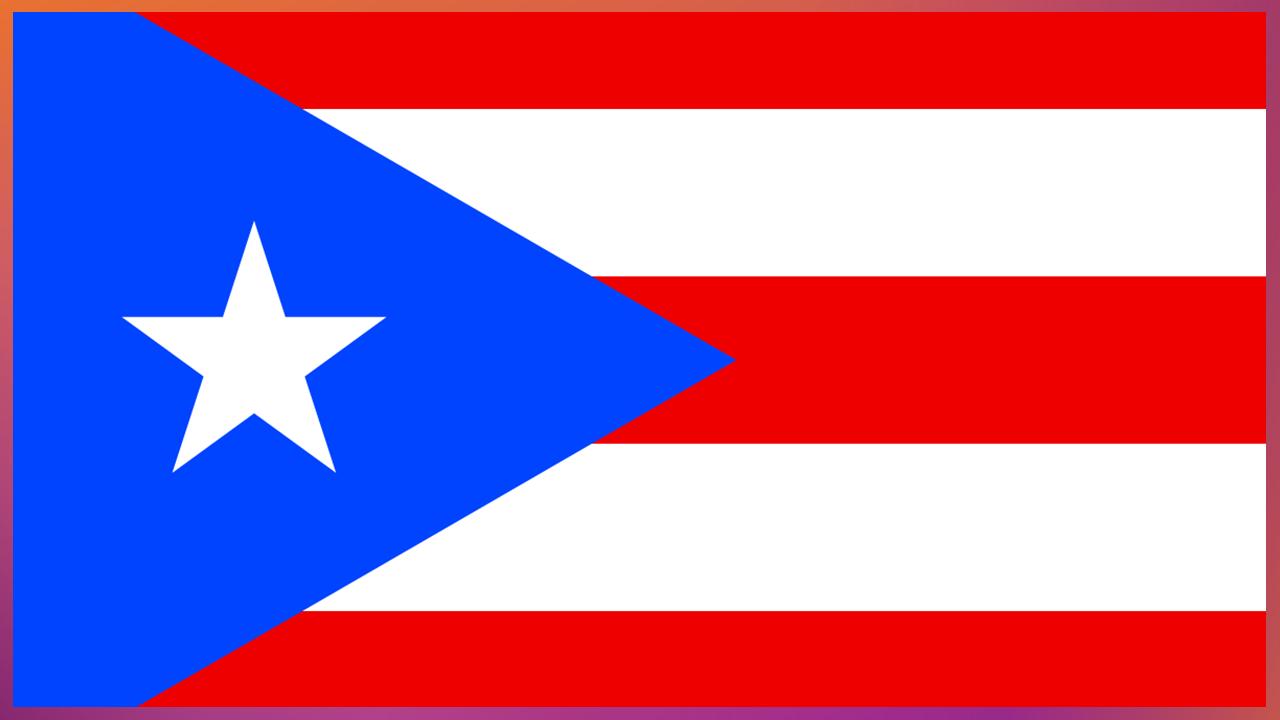I wrote yesterday about the Puerto Rico Supreme Court’s adoption of the duty of technology competence, done as part of its promulgation of new rules of professional conduct to replace a code of ethics that had governed lawyers’ professional conduct in Puerto Rico since 1970.
While Puerto Rico modeled its new Rules of Professional Conduct on the American Bar Association’s Model Rules, it diverged from the ABA in two significant respects.
One, as I explained in yesterday’s post, was to add a separate rule devoted to the duty of technology competence, rather than address the duty through a comment to the general rule on competence, as the ABA does.
The other — and potentially more significant — divergence was to revise Rule 5.4 to allow non-lawyers to have ownership interests in law firms.
Until now, only Arizona and the District of Columbia have allowed non-lawyer ownership of law firms. D.C. has allowed this since 1991, and Arizona eliminated the ban on non-lawyer ownership in 2020.
Utah also allows non-lawyer ownership, but only of entities approved within its regulatory “sandbox” program.
Puerto Rico’s Rule 5.4
Puerto Rico’s new conduct rules retain Rule 5.4’s general prohibition against a lawyer sharing fees with a non-lawyer. But with respect to ownership, it adds a new section (b) that reads as follows (translation via ChatGPT):
(b) A legal practitioner may practice in a law office where an ownership interest is held by a non-lawyer only if:
The law office provides for the collective fulfillment of the responsibility to offer free legal services to indigent persons;
Every non-lawyer with an ownership interest must ensure that the office is operated only by persons admitted to the legal profession in Puerto Rico. The legal practitioner must represent the non-lawyer owner in exercising all voting rights and all other matters related to the law office. They must also ensure compliance with the rules of professional responsibility and notify the Supreme Court once the arrangement begins. By January 15 of each year, they must file with the Clerk of the Supreme Court of Puerto Rico an affidavit stating the number of attorneys in the firm, the dates and amounts of all investments made by the non-lawyer owner, and the profits received by that person in the previous calendar year;
Neither the non-lawyer owner nor any designated agent shall engage in the unauthorized practice of law. Additionally, the only value provided by the non-lawyer owner in exchange for their ownership interest must be money, and the owner or their agents shall not provide any services to the law office, including but not limited to marketing services;
The non-lawyer owner shall not interfere with the independent professional judgment of the legal practitioner or the attorney-client relationship;
Information relating to the representation of a client shall be protected as required by Rule 1.6;
The arrangement described in subsection (2) shall not contravene Rule 1.5;
The legal practitioner informs the client that an ownership interest in the law office is held by a non-lawyer; and
Non-lawyer owners may acquire no more than 49% of the shares of the law office.
Not Supported By Rules Committee
Although the overall development of the new conduct rules was accomplished through the work of a special, court-appointed committee, that committee had not recommended this change to Rule 5.4.
The Supreme Court did not provide a rationale or explanation of its decision to change the rule on non-lawyer ownership. However, it did say that it will conduct an evaluation of the new rule’s effectiveness three years after it takes effect.
The court assigned the task of conducting that assessment to the same committee that drafted the recommended rules, now renamed as the Committee on Rules of Professional Conduct.
One Justice Dissented
While the court did not elaborate on its reasons for adopting the new Rule 5.4, one member of the court, Associate Justice Luis F. Estrella Martínez, wrote a detailed dissent discussing various components of the new conduct rules, including Rule 5.4.
Justice Estrella Martínez wrote that he did not agree with this change “due to the potentially harmful consequences it may bring.”
(Here again, translations are via ChatGPT.)
“[A]llowing this source of funding in Puerto Rico law firms could represent a significant risk to the autonomy and independence of the professional judgment of the attorneys within them,” he wrote.
Justice Estrella Martínez expressed concern that investors in law firms would typically be driven by purely economic interests, “which does not guarantee an improvement in the availability or quality of legal services for the people of Puerto Rico.”
He also raised the concern that the court lacks disciplinary authority over investors who are not attorneys. “As a result, such investors could influence legal decisions without being subject to the same ethical and professional responsibilities as attorneys,” he wrote.
While acknowledging the models adopted in Arizona, D.C., and Utah, he thought Puerto Rico should have waited to observe their experiences before adopting this change.
“So far, we have not seen these sectors partner with law firms to litigate on behalf of the environment or vulnerable populations,” he wrote.
“We must not allow the principle of access to justice to be used as a pretext to perpetuate inequality or to excessively commercialize the practice of law.”
(Here is the full, translated text of the portion of the dissent that addresses Rule 5.4.)
 Robert Ambrogi Blog
Robert Ambrogi Blog